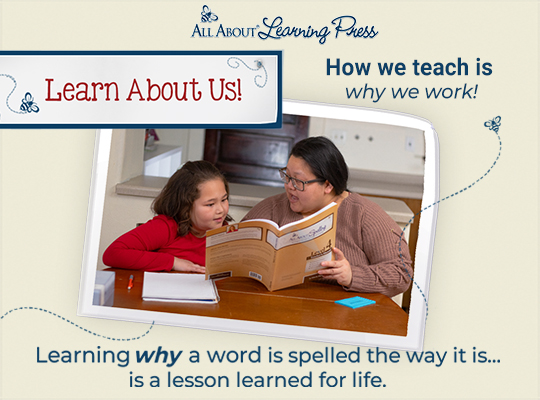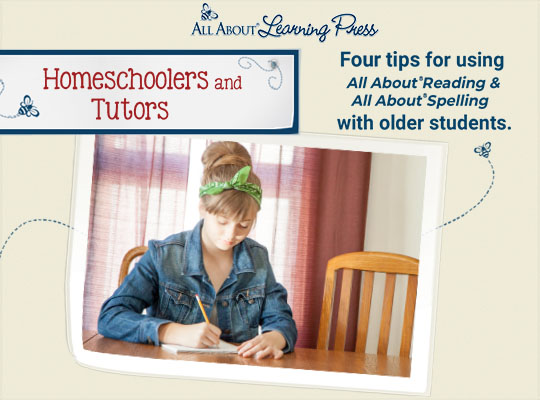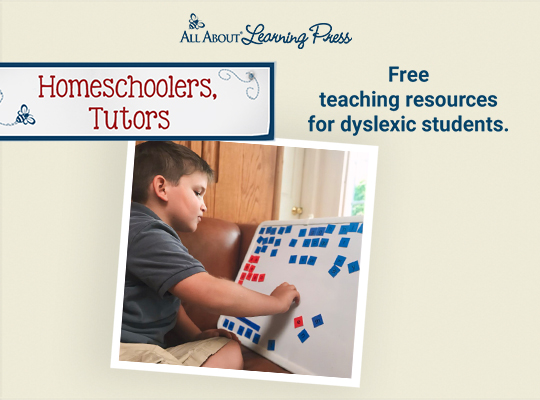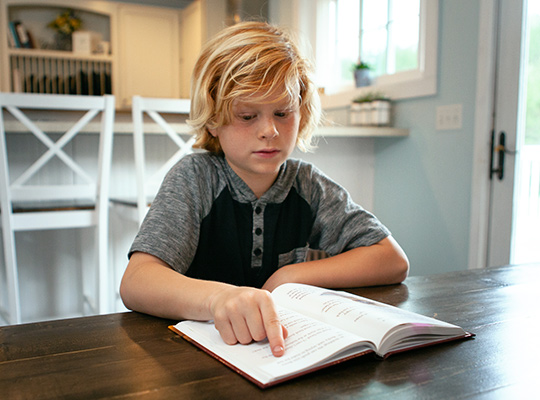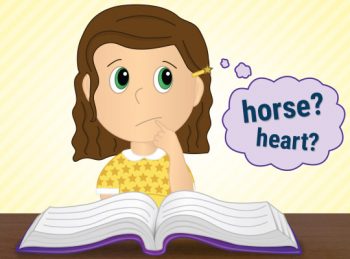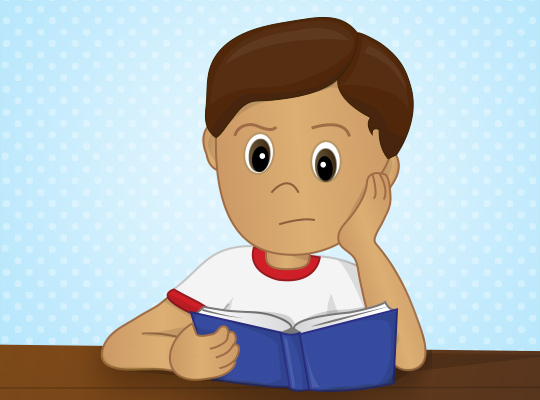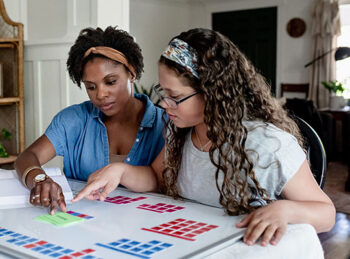Do you have a child for whom learning is a struggle? If so, you’ll find help and encouragement from this collection of resources from the AALP library. If you have any questions about the topics below, feel free to contact us. We are here to help your child reach his full potential!
Navigating the world of education can be overwhelming, especially when faced with learning difficulties. But fear not, for our resources are thoughtfully curated to address a wide range of challenges and learning differences. From dyslexia and language processing issues to attention and focus struggles, our library covers an array of topics that can assist you in understanding and supporting your child’s unique learning needs.
We firmly believe that every child has the potential to flourish, and with the right support and resources, they can reach their full potential. Our blog posts, articles, and guides offer valuable insights, research-based strategies, and practical advice to help your child thrive.
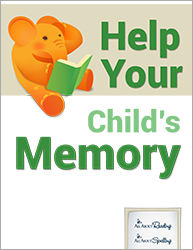
If your child struggles to remember what he’s been taught, we can help! This report covers topics that will help your child learn in a much more effective way.
Learning is a multifaceted process, and each child has their own unique learning style and challenges. Our report covers a range of topics that delve into the art of effective learning, equipping parents and educators with the tools they need to support their child’s academic growth.
From memory techniques and study habits to the power of multisensory learning, our report provides practical solutions to enhance your child’s retention and understanding of concepts. We understand that the ability to remember and apply information is crucial for academic success, and our aim is to empower your child with the skills they need to excel in their studies.
Get the Report
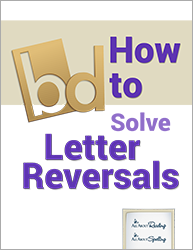
Letter reversals are a common struggle among early learners. The tactile ideas covered in this report can help put an end to that struggle!
Letter reversals, such as confusing “b” with “d” or “p” with “q,” are common occurrences as children are beginning to grasp the complexities of reading and writing. However, with the right strategies and hands-on activities, you can help your child overcome this obstacle and build a strong foundation in letter recognition.
Our report dives into innovative and tactile approaches that engage multiple senses to reinforce letter orientation and formation. These ideas go beyond conventional teaching methods, using interactive and enjoyable activities that make learning a delight for young learners.
Get the Report
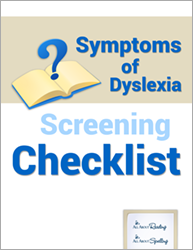
If you suspect your child has dyslexia, this checklist is a good place to start. We’ve put the many symptoms of dyslexia in one convenient location.
Our checklist compiles the many symptoms of dyslexia in one convenient location, making it easier for you to identify potential signs and seek appropriate support. Dyslexia is a specific learning disability that affects reading, spelling, and writing, but it can manifest differently in each individual.
By using our checklist, you can gain a clearer understanding of the common indicators of dyslexia, which may include difficulties with letter and word recognition, struggles in reading comprehension, and challenges with phonological awareness.
It’s essential to remember that dyslexia is not a measure of intelligence, and many individuals with dyslexia are creative, innovative, and talented in various areas. Recognizing and addressing dyslexia early on can make a significant difference in a child’s academic journey, paving the way for targeted interventions and support.
Get the Report
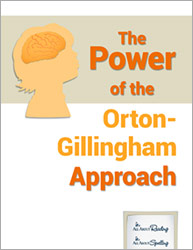
The Orton-Gillingham approach works wonders for students with dyslexia. Discover this powerful multisensory approach to teaching.
Rooted in research and developed by Dr. Samuel Orton and Anna Gillingham in the early 20th century, the Orton-Gillingham approach has since become a cornerstone in dyslexia education. Its success lies in its multisensory nature, which engages multiple senses simultaneously to reinforce learning.
At All About Learning Press, we wholeheartedly embrace the Orton-Gillingham approach and have incorporated its principles into our reading and spelling programs. This powerful method focuses on teaching phonemic awareness, phonics, fluency, vocabulary, and comprehension in a structured and systematic way.
In the Orton-Gillingham approach, learning becomes a multisensory experience. Students use sight, sound, touch, and movement to connect with language and reinforce their understanding of concepts. This holistic approach not only enhances memory retention but also builds confidence and self-esteem in struggling learners.
Get the Report








